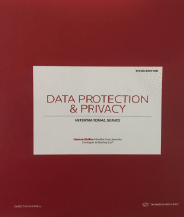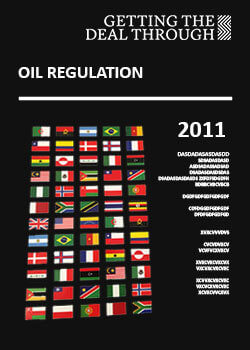Submission of Complaints, Evidence and Annexes through Technological Means

By: Maria Fernanda Gonzalez
In a recent Judgment from the Superior Civil Tribunal of Bogotá that solved an appeal against a decision by the Superintendence of Industry and Commerce (“SIC”) rejecting a complaint in a procedure of infringement of intellectual property rights, the Superior Tribunal of Bogota – Civil Section ruled that all communications, including evidence supporting the complaint, can be submitted by any suitable mean, including solutions for storing information in the cloud, particularly useful when dealing with large files due to the difficulty of sending via email.[1]
The Case
The Delegation for Jurisdictional Affairs of the SIC rejected the complaint of the plaintiff for not having corrected the initial inadmissibility of the claim of the plaintiff by presenting the chapter of evidence and annexes through a link to a repository located in the cloud (Dropbox/Google Drive) and not through the mechanisms provided in the protocol issued by the SIC for the virtual processing of judicial procedures.
The Appeals
The Appellate Tribunal based its ruling on the following:
- The documents were provided through a technological mean.
- The SIC could not claim compliance (i) with additional requirements that are unnecessary, considering the informality principle established in the General Statute of the Procedure (“CGP”, by its initials in Spanish);[2] (ii) overpassing the duty of the judicial authorities to use information and communication technologies to facilitate access to the administration of justice instead of restringing such access;[3] (iii) contradicting the rule according to which documents must be provided in the same format they were issued or in any other format reproducing them accurately;[4] and (iv) ignoring that the use of information and communication technologies in judicial proceedings was intended to make the access to justice more flexible for users.[5]
The main premise of the ruling holds that access to justice through information and communication technologies must be given in such a manner that the user can take advantages of and use any available technological means, provided that the judicial servants can access them. Thus, the Appellate Tribunal indicated that, the fact that the judicial authorities inform in their websites the official communication and information channels available to provide their services as required by law,[6] does not imply that they can impose formalities on the provision of evidence, as such formalities are exclusive for the law, based on the right to prove under the due process protected by the Colombian Constitution.[7]
Imposing on users the use of e-mail, with the limitations that it entails to transmit large files, even recognized by the SIC in the appealed decision, by means of a protocol issued by the judicial authority, it is not only unusual in these days but nugatory of the users’ right to access to justice.
Similar problems had been already identified by litigators derived from the limitations found in the system implemented by the judicial branch for virtual proceedings, which does not allow to process complaints with attachments larger than 50Mbyes, difficulties that would be easily solved by submitting the complaint, with its evidence and annexes through additional technological means such as providing access to information hosted in the cloud.
Conclusion
This ruling is of great importance, as it lays the foundations for the use of information and communication technologies in the administration of justice, in a practical and dynamic manner at the service of users, guaranteeing greater and easier access to the judicial system and preventing from ending up being truncated through unnecessary and dissimilar mechanisms designed by judicial authorities for its own convenience.
[1] Bogota Superior Court- Civil Section, February 10, 2021, File 001202096800 01
[2] Article 11, CGP
[3] Article 103, CGP
[4] Article 247, CGP
[5] Article 1, Decree 806 of 2020
[6] Article 2, Decree 806 of 2020
[7] Article 29, Colombian Constitution

Legal challenges and strategic pathways for biodiversity protection in Colombia: towards a green economic transition

Data Protection & Privacy

